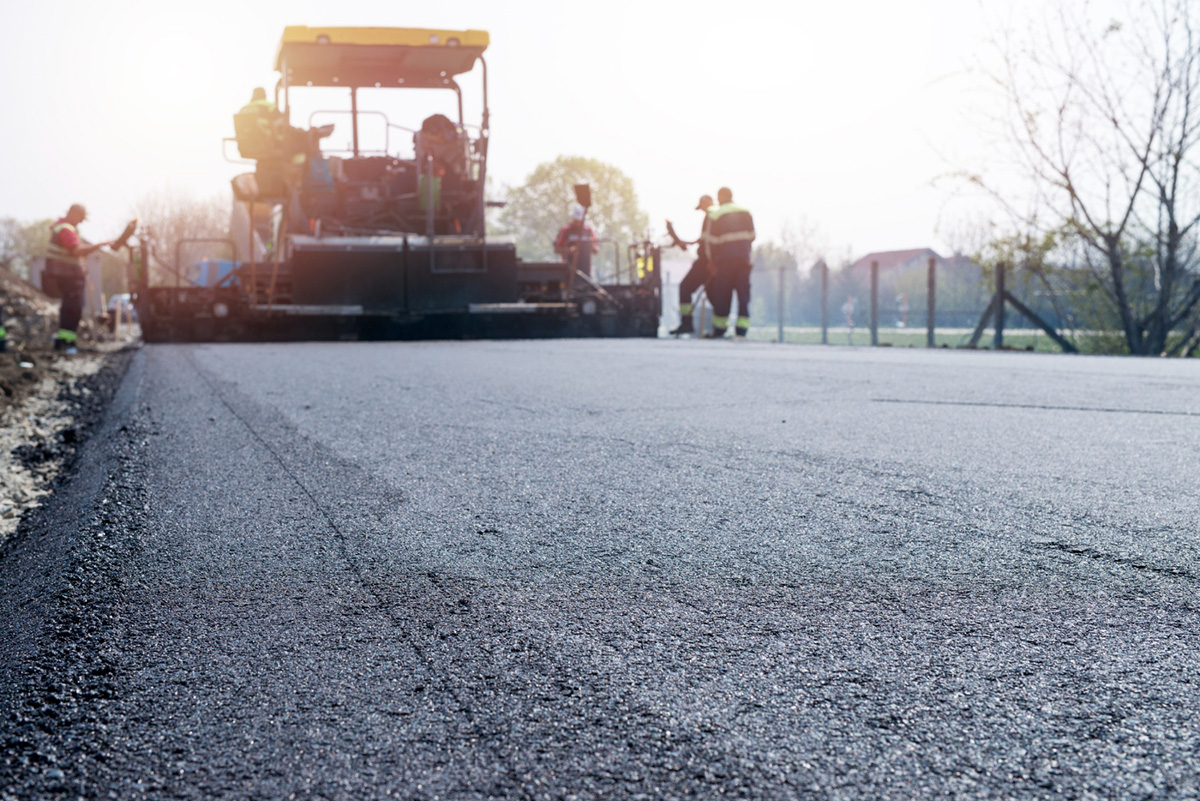Necessary Asphalt Paving Tips That Improve Quality

Asphalt paving can improve the appearance and longevity of driveways, parking lots, and roads. It offers a smooth and seamless surface that can withstand heavy traffic. However, the quality of the paving project depends on various factors such as the type of mix, weather conditions, and drainage system. That's why it's important to follow a set of necessary asphalt paving tips that can improve the quality of your project. In this blog post, we'll provide you with essential tips that can help you achieve a strong and durable pavement that can last for decades.
1. Choose the Right Mix
The first step in paving a road or driveway is to choose the right mix of asphalt. The mix should be suitable for the weather conditions in your area and the traffic volume you expect. A mix with a higher percentage of binder will offer more strength and durability, but it may also be more expensive. On the other hand, a mix with a lower percentage of binder may be more affordable, but it will also be less durable. Consult with your contractor to determine the best mix for your project.
2. Prepare the Base
The base of the pavement is a crucial element that determines the long-term durability of the project. The base should be firm, level, and free from debris. The contractor should remove any soft or loose soil and replace it with a layer of gravel or crushed stone. This layer should be compacted and graded to ensure proper drainage. A weak or uneven base can cause cracks, potholes, and other types of pavement damage.
3. Consider Drainage
Drainage is another important factor that affects the quality of asphalt paving. If water accumulates on the pavement, it can weaken the base, soften the mix, and cause cracks and other types of damage. That's why it's important to install an effective drainage system that can channel water away from the pavement. The contractor should install gutters, catch basins, and drain pipes to ensure proper drainage.
4. Compact the Mix
Once the mix is laid on the base, it needs to be compacted to ensure proper adhesion and strength. The contractor should use a roller or plate compactor to compress the mix and remove any air pockets. The compaction process should be repeated several times to achieve the desired density. Over or under compaction can lead to uneven surfaces, cracks, and other types of pavement damage.
5. Maintain the Pavement
Even a well-constructed pavement requires regular maintenance and repair to prevent damage and extend its lifespan. You should inspect your pavement regularly for signs of wear and tear, such as cracks, potholes, and fading. If you notice any damage, you should have it repaired as soon as possible to avoid further deterioration. Regular seal coating can also help extend the life of your pavement by protecting it from water, UV rays, and other elements.
Conclusion
Asphalt paving is a complex process that requires attention to detail and expertise. By following the necessary asphalt paving tips we've discussed in this blog post, you can improve the quality and longevity of your pavement project. Remember to choose the right mix, prepare the base, consider drainage, compact the mix, and maintain the pavement regularly. By doing so, you can enjoy a strong and durable pavement that can withstand heavy traffic and harsh weather conditions. Don't hesitate to consult with a reputable paving contractor to ensure the success of your project. For sealcoating in Bandera, TX, contact C. Brooks Paving today to schedule an appointment.